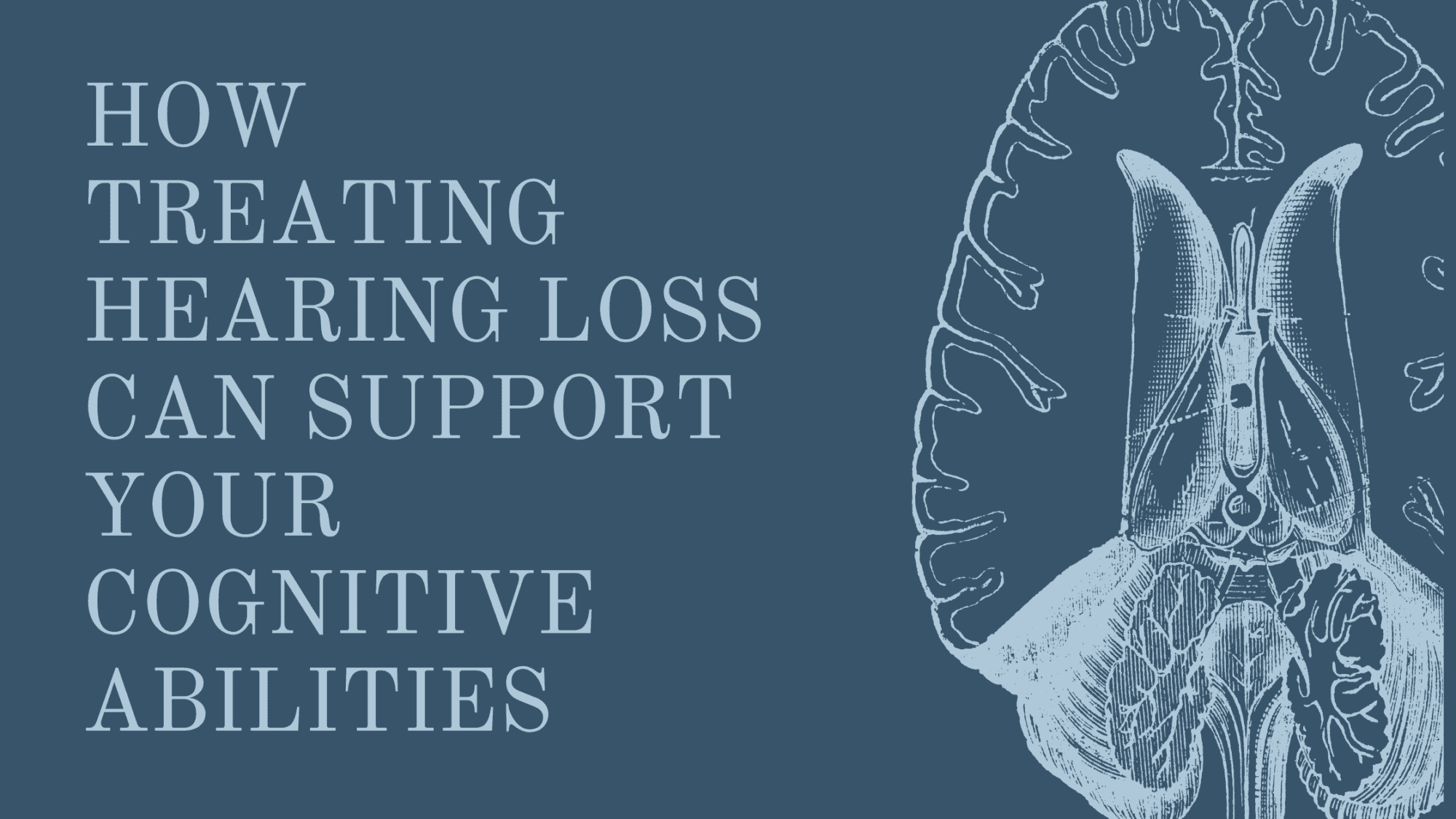- Strategies for Coping with Single-Sided Deafness - July 15, 2024
- How Summer Humidity Affects Hearing Aid Performance - July 3, 2024
- The Power of Body Language: Enhancing Communication for Those with Hearing Loss - June 28, 2024
Hearing loss not only impacts hearing but also brain health. The third most common chronic medical condition today, hearing loss impacts over 48 million people in the U.S. In fact, nearly 1 in 5 people have some degree of impaired hearing which produces a wide range of effects. A reduced ability to hear and process sound can drastically impact daily life: communication, job performance, social engagement, and mental health. Additionally, untreated hearing loss can contribute to the development of other health issues including cognitive decline.
Hearing Loss & the Brain
Hearing loss not only happens in the ears but also the brain. The ears collect sound from the environment which reach the cochlea in the inner ear. The hair cells and fluid in the cochlea help translate soundwaves into electrical signals that are then sent to the brain via auditory pathways. The auditory cortex further processes these signals as speech and sounds, assigning meaning which allows us to understand what we hear. Hearing loss impacts areas of the brain that are integral to hearing (including the auditory cortex) in a variety of ways including:
- brain atrophy: these areas become underutilized which decreases activity
- cognitive overload: other areas of the brain step in to compensate for this inactivity which can stretch and overload the brain
- social withdrawal: there is a significant social element of hearing loss. The symptoms of hearing loss take a toll on communication, making it difficult for people to easily engage in conversation. This often leads to people avoiding social engagement altogether which can contribute to anxiety, depression, and loneliness. This also impacts the brain and the stimuli it receives.
These effects can increase health risks in a variety of ways including contributing to cognitive decline.
Link Between Hearing Loss & Cognitive Decline
There is extensive research that highlights the link between hearing loss and cognitive decline. Cognitive decline is the essential characteristic of dementia which encompasses a range of cognitive impairments – Alzheimer’s, Lewy Body, Parkinson’s etc. Hearing loss and dementia disproportionately impact older adults:
-
- 80% of people who have Alzheimer’s are 75 and older
- 50% of adults aged 75 and older have disabling hearing loss
Various studies investigate the overlapping of these medical conditions, revealing a significant correlation. This includes a major study conducted recently by researchers at Brigham and Women’s Hospital and Harvard Medical School. Published in 2019, this study examined the impact of hearing loss on cognitive function. It included over 10,000 participants, ages 62 and older, who self-reported both their hearing and cognitive ability over a duration of 8 years.
Researchers found that people with hearing loss, compared to those without, were increasingly more likely to experience cognitive decline which was:
- 30% higher among people with mild hearing loss
- 42% higher among people with moderate hearing loss
- 54% higher among people with severe hearing loss
These statistics show that for people with severe hearing loss, cognitive decline was more than twice as likely! This not only reveals a significant correlation between both conditions but also highlights that the greater the hearing loss, the likelier cognitive decline is.
Treating Hearing Loss
The best way to mitigate cognitive decline for people with hearing loss is to treat it! The first step to do this is to schedule an appointment with a hearing healthcare specialist (like an audiologist) for a hearing test. Hearing assessments involve a noninvasive and painless process that measures hearing ability in both ears. This identifies any impairment and the degree of hearing loss you could be experiencing which establishes your hearing needs.
Hearing loss is most commonly treated with hearing aids – small electronic devices that are designed to absorb, amplify, and process sound. These devices provided significant support for the auditory system which enhances hearing and also improves brain function. Hearing aids help the brain process incoming sound information, reengaging areas of the brain and improving various cognitive functions – memory, completing tasks, organizing information etc. Additionally, hearing aids help maximize hearing across all environments which has countless benefits including strengthening communication, relationships, social engagement etc. This allows people to navigate daily life with greater ease and comfort, improving overall wellness and quality of life!

